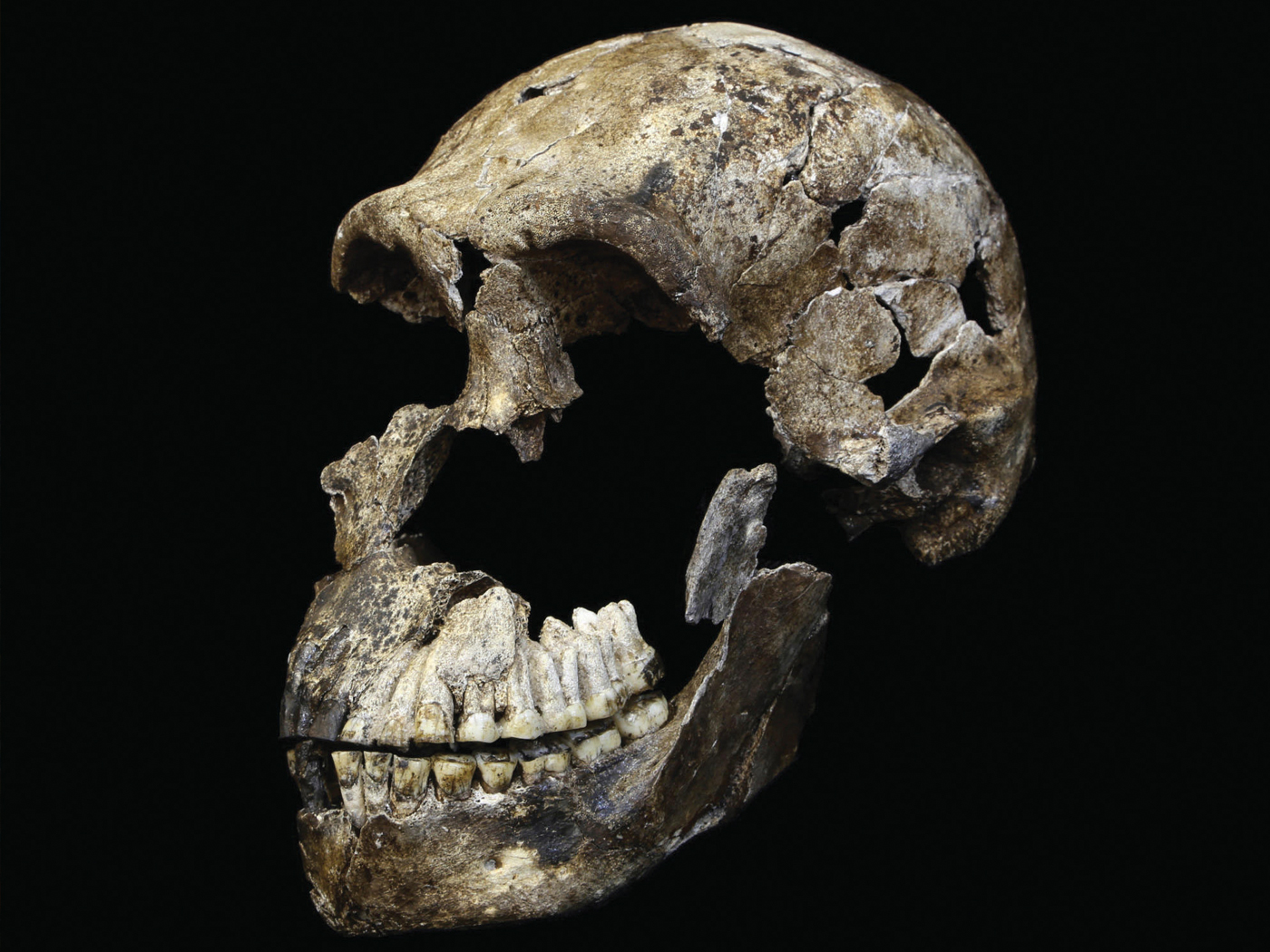Sowing seed is a frequently used image in the Bible, most often as a symbol of witnessing for the Lord. “Cast your bread upon the waters,” the wise Preacher wrote, “for you will find it after many days” (Ecclesiastes 11:1). The Hebrew word for bread (lechem) can also be translated “grain,” and in context this likely refers to the ancient custom of sowing seed from boats onto the marshy banks of an overflowing river. Once the waters recede, the grain settles on the soil and takes root.
But unlike the farmer, Christians are expected to engage in this special work at all times everywhere they go. Emphasizing the need for continual diligence, the Preacher explained it this way: “In the morning sow your seed, and in the evening do not withhold your hand; for you do not know which will prosper, either this or that, or whether both alike will be good” (Ecclesiastes 11:6). Such sowing can be difficult, and the benefits aren’t always assured. But it is absolutely necessary before fruit can be produced. The promise is that “those who sow in tears shall reap in joy,” for “he who continually goes forth weeping, bearing seed for sowing, shall doubtless come again with rejoicing, bring his sheaves with him” (Psalm 126:5-6). The image is of one spreading spiritual seed far and wide, trusting that it will eventually produce fruit in redeemed lives.
It may be that others will harvest the fruit of our efforts, or we may reap the fruit of those who came before us. But this is a good thing in terms of spiritual labor. Paul said, “I planted, Apollos watered, but God gave the increase” (1 Corinthians 3:6). And even Jesus, in speaking of the Samaritan woman at the well, told His disciples that “one sows and another reaps” so that “both he who sows and he who reaps may rejoice together” (John 4:36-37). The result was that “many of the Samaritans of that city believed in Him because of the word of the woman who testified” (John 4:39).
Some seed may not ever grow at all, a principle that Christ conveyed in His parable of the sower. While much of the spiritual seed we sow will be devoured on the wayside or wither away on stony or thorn-infested ground, some seed “fell on good ground and yielded a crop that sprang up, increased and produced” (Mark 4:8). Our job is to ensure the seed we sow is good seed—through our testimony and living example, by listening and praying, in everything we say or do or think—and then to trust God to produce the increase. God will prosper our faithfulness in His own good way and according to His perfect time and will.
Sowing imagery is also applied to Christian giving, and nowhere more strongly than in Paul’s appeal to the believers in Corinth. After praising the Macedonian churches that had given “beyond their ability” to relieve the suffering in Jerusalem, Paul challenged the Corinthians to follow their example and show “the proof of [their] love” (2 Corinthians 8:2-8, 24). In the well-known “cheerful giver” passage that follows, Paul employs a theological cause-and-effect principle to drive home the point—those who “sow bountifully” can expect to “reap bountifully,” and those who “sow sparingly” can’t expect to reap much at all (2 Corinthians 9:6-7).
God’s promise of a bountiful return for generous giving is not measured in material wealth. Rather, the rewards are spiritual, which is far greater and more valuable in terms of eternity (e.g., 2 Corinthians 9:8-14). Therefore, when we give with abundance, we are not really giving but sowing—godly sowing—for the cause of Christ. As the Institute for Creation Research continues to sow the truth of our Creator’s message, we are thankful for those who sow bountifully with us through their gracious support to ensure our vital work continues. Keep up the good work!
* Mr. Morris is Director of Donor Relations at the Institute for Creation Research.








